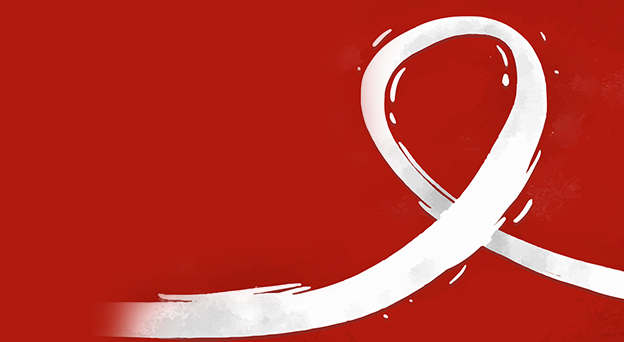Blog
Communities Leading the Charge to End AIDS By 2030

From the Editor’s Desk
Communities around the world are at the forefront of the global effort to eradicate AIDS by 2030, a commitment reinforced by the central theme of the 2023 World AIDS Day: “Let Communities Lead.” While the commemoration of the day has passed, its resonating message continues to echo profoundly. Nationally, the focus was on “Communities: Leadership to End AIDS by 2030,” underscoring the pivotal role communities play in the collective endeavor to bring an end to the HIV/AIDS epidemic by the year 2030.
This emphasis aligns seamlessly with the guiding principles set forth in the Global AIDS Strategy 2021-2026, the Political Declaration of 2021, and the National HIV/AIDS Strategic Framework and Plan (2023-2027). Here, “community” refers to a collective of individuals who share common characteristics, while “leadership” signifies the action of guiding a group. Thus, community leadership embodies individuals with shared roles and responsibilities, collectively empowered to take decisive actions.
Within the realm of community leadership, a diverse array of stakeholders assumes crucial roles. This includes policymakers, service providers, gatekeepers (such as traditional, religious, and business/trade leaders), women, men, young people, and other vulnerable groups.
Civil society groups, People Living with HIV (PLWHIV), and key populations categorized by their typology also contribute significantly to the multifaceted landscape of community leadership. By uniting under a common purpose, these stakeholders form a powerful force committed to overcoming the challenges posed by HIV/AIDS and driving progress towards the ambitious goal of ending the epidemic by 2030.
However, the realization of effective community leadership faces formidable challenges, particularly in nations like Nigeria, where the HIV/AIDS epidemic presents multifaceted complexities. The 2018 Nigeria HIV/AIDS Indicator and Impact Survey (NAIIS) reveals that approximately 1.9 million people are living with HIV, underscoring critical gaps in reaching underserved communities. Addressing these gaps is not only a moral imperative but a strategic necessity in Nigeria’s fight against HIV/AIDS.
In this context, the Joint United Nations Programme on HIV/AIDS (UNAIDS) underscores that communities must lead the way, as organizations representing those living with, or at risk of HIV stand on the frontline of progress in the HIV response. Despite their pivotal role, these communities face constraints that impede their leadership potential.
